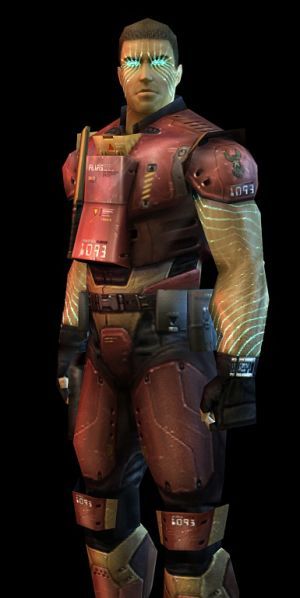Circle of Magi
General Info

| Faction Name | Circle of Magi |
|---|
Overview
Over time, it became a well-known institution for the study of magic, encouraging novices with magical inclinations. The Circle Towers are located in the world of Thedas and serve as a refuge and prison for wizards. Their vast libraries are filled with secret knowledge from ancient times. While this may seem like a haven of magical understanding, its counterpoint is a strict regime of circular regulation. The wizards in the circle live in seclusion, watched over by the Templars, who ensure that no wizard crosses the line at risk of blood magic or demonic possession.
Despite being oppressed by the Templars, the Magician's Circle provides a vital service to Ted. They heal the sick, ward off mystical threats, and bring understanding and control to the otherwise fickle and unpredictable power of magic.
But there is a tension between elements of the circle who deviate from the strict orthodoxy of magical practice and those who dream of a world where wizards can live freely without constant surveillance. As a result of this growing tension, events foreshadow an impending storm that threatens to radically change Theda's world. This is the burden of the Magi Circle, forever marked by the struggle between control and chaos.
History
The Circle has its roots in the aftermath of the First Plague, particularly in the Age of the Tower, when the Church asserted its dominance over magic. It took a long time to achieve this due to the fierce resistance of the wizards. However, the battle came to a halt when the Nevarran Pact took effect, officially giving birth to the Circle of Mages. One of the most tumultuous times in the Circle's history is the Annulment at Dairsmuid, when the Templars slaughtered all the mages of Rivain's Circle. Such an incident greatly strengthened the distrust of the Wheel, but in the eyes of many people it justified its need.
The circle has always been watched as it struggles to determine its position between the mages who fight for freedom and the templars who seek control. As the events of the Wizarding Rebellion unfold, the future of the wheel hangs in the balance. Guerrilla strife based on the fear of abusive magic and the hunger for freedom remains the central dialectic upon which the future of the Circle of Magi will unfold. Regardless of the outcome, the history of this institution will forever remain an integral part of the centuries-old history of Thedas.
Notable Members
Member #
1
Irving
2
Wynne
3
Uldred
4
Niall
5
Finn
6
Morrigan
7
First Enchanter Orsino
8
Rhys
9
Adrian
10
Vivienne
11
Solas
12
Dorian
13
Anders
14
Bethany Hawke
15
Leandra Amell
16
Feynriel
17
Decimus
18
Cullen Rutherford
19
Jowan
20
Lambert van Reeves
Geography
These towers, located in several places, offer enviable views of Theda, but they resemble prisons with fortified structures. Fort Kinloch, a man-made island in Loch Calenhad, is surrounded by tranquil beauty, while Honnleath in Ferelden showcases its agricultural setting. Meanwhile, Starkhaven in the Free Marches is a mix of urban settlement and natural charm.
Despite their geographic diversity, all Magi circles share the common architecture of tall stone towers, symbolizing protection and containment. They offer a glimpse into the deep-seated tensions in Thedas societies, where magic is both revered and feared. Emphasizing duality, the geography of the circles represents the complex and intricate world of Dragon Age.
